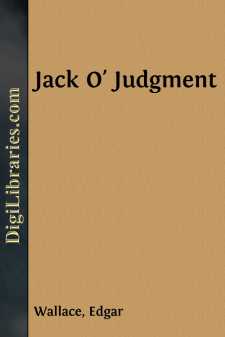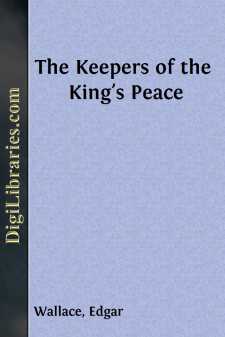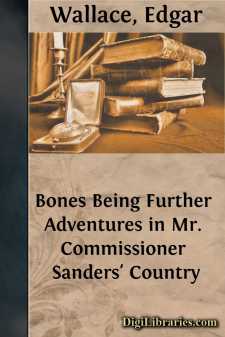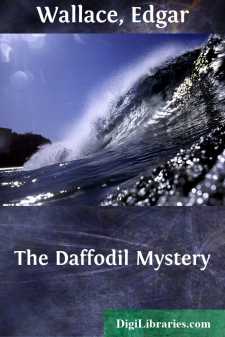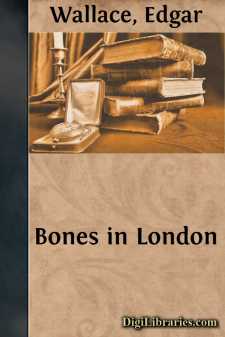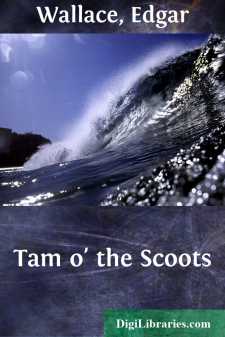Categories
- Antiques & Collectibles 13
- Architecture 36
- Art 48
- Bibles 22
- Biography & Autobiography 816
- Body, Mind & Spirit 145
- Business & Economics 28
- Children's Books 18
- Children's Fiction 14
- Computers 4
- Cooking 94
- Crafts & Hobbies 4
- Drama 346
- Education 58
- Family & Relationships 59
- Fiction 11831
- Foreign Language Study 3
- Games 19
- Gardening 17
- Health & Fitness 34
- History 1378
- House & Home 1
- Humor 147
- Juvenile Fiction 1873
- Juvenile Nonfiction 202
- Language Arts & Disciplines 89
- Law 16
- Literary Collections 686
- Literary Criticism 179
- Mathematics 13
- Medical 41
- Music 40
- Nature 179
- Non-Classifiable 1768
- Performing Arts 7
- Periodicals 1453
- Philosophy 66
- Photography 2
- Poetry 897
- Political Science 203
- Psychology 45
- Reference 154
- Religion 516
- Science 126
- Self-Help 86
- Social Science 82
- Sports & Recreation 34
- Study Aids 3
- Technology & Engineering 59
- Transportation 23
- Travel 463
- True Crime 29
Our website is made possible by displaying online advertisements to our visitors.
Please consider supporting us by disabling your ad blocker.
Jack O' Judgment
by: Edgar Wallace
Categories:
Description:
Excerpt
THE KNAVE OF CLUBS
They picked up the young man called "Snow" Gregory from a Lambeth gutter, and he was dead before the policeman on point duty in Waterloo Road, who had heard the shots, came upon the scene.
He had been shot in his tracks on a night of snow and storm and none saw the murder.
When they got him to the mortuary and searched his clothes they found nothing except a little tin box of white powder which proved to be cocaine, and a playing card—the Jack of Clubs!
His associates had called him "Snow" Gregory because he was a doper, and cocaine is invariably referred to as "snow" by all its votaries. He was a gambler too, and he had been associated with Colonel Dan Boundary in certain of his business enterprises. That was all. The colonel knew nothing of the young man's antecedents except that he had been an Oxford man who had come down in the world. The colonel added a few particulars designed, as it might seem to the impartial observer, to prove that he, the colonel, had ever been an uplifting quantity. (This colonelcy was an honorary title which he held by custom rather than by law.)
There were people who said that "Snow" Gregory, in his more exalted moments, talked too much for the colonel's comfort, but people were very ready to talk unkindly of the colonel, whose wealth was an offence and a shame.
So they buried "Snow" Gregory, the unknown, and a jury of his fellow-countrymen returned a verdict of "Wilful murder against some person or persons unknown."
And that was the end of a sordid tragedy, it seemed, until three months later there dawned upon Colonel Boundary's busy life a brand new and alarming factor.
One morning there arrived at his palatial flat in Albemarle Place a letter. This he opened because it was marked "Private and Personal." It was not a letter at all—as it proved—but a soiled and stained playing card, the Knave of Clubs.
He looked at the thing in perplexity, for the fate of his erstwhile assistant had long since passed from his mind. Then he saw writing on the margin of the card, and twisting it sideways read:
"JACK O' JUDGMENT."
Nothing more!
"Jack o' Judgment!"
The colonel screwed up his tired eyes as if to shut out a vision.
"Faugh!" he said in disgust and dropped the pasteboard into his waste-paper basket.
For he had seen a vision—a white face, unshaven and haggard, its lips parted in a little grin, the smile of "Snow" Gregory on the last time they had met.
Later came other cards and unpleasant, not to say disconcerting happenings, and the colonel, taking counsel with himself, determined to kill two birds with one stone.
It was a daring and audacious thing to have done, and none but Colonel Dan Boundary would have taken the risk. He knew better than anybody else that Stafford King had devoted the whole of his time for the past three years to smashing the Boundary Gang. He knew that this grave young man with the steady, grey eyes, who sat on the other side of the big Louis XV table in the ornate private office of the Spillsbury Syndicate, had won his way to the chief position in the Criminal Intelligence Department by sheer genius, and that he was, of all men, the most to be feared.
No greater contrast could be imagined than that which was presented between the two protagonists—the refined, almost æsthetic chief of police on the one hand, the big commanding figure of the redoubtable colonel on the other....


